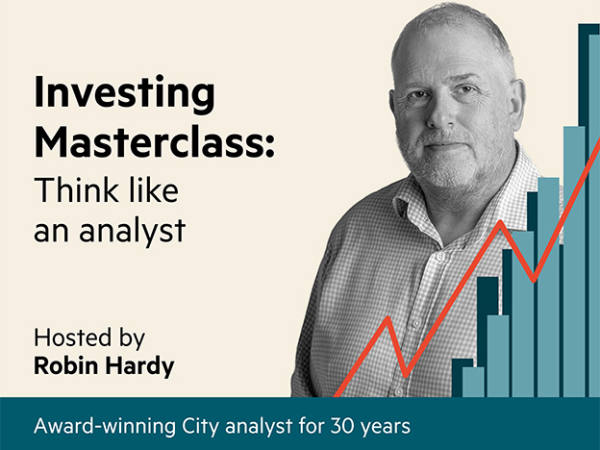Here are the other five books that I suggest for your Christmas list. The story of Johnathan Bell Lovelace is readably told in Capital - The Story of long-Term Investment Excellence by that top-class investment writer, Charles D Ellis. Capital Group was founded by Mr Lovelace in 1929 - the year of the Great Crash. He had prospered in the preceding years but, as the market powered on upwards in 1929, he recognised that share values were unsustainable. He sold his personal portfolio just one month before the market began to topple, and resigned his partnership in a small stockbrokerage and investment management company when unable to impress his views on his partner. Two years later, he was called back by his investment management clients, who had thrown out the erstwhile partner. They begged him to rescue them from near-oblivion. And he did.
Another 75 years of smart investing by Mr Lovelace, and the company that he built up grew into one of the world's pre-eminent (if least-known - a low profile is part of the formula) fund managers, now running over $700bn. Capital is based on sound fundamental research. It is the only fund management company that I have ever come across in which the research analyst has the same status as the fund manager, instead of being regarded as an apprenticeship phase.
I promised something for everyone so, although it would make Mr Lovelace turn in his grave, my next selection is Trend Following by Michael Covel, which I understand is the hottest-selling 'technical' title of the year. It makes me curl a bit to relate that the sub-title is How Great Traders Make Millions in Up or Down Markets. I don't deny that there are a few people on this planet who have made a million or two from trend-following, but I think that fewer of them have held onto their gains. I thought it was interesting that the sub-title wasn't 'How Great Traders Make Millions in Up AND Down Markets'. However, I salute the fact that it was not 'How YOU Can Make Millions in Up or Down Markets'. Despite my misgivings on the subject in general, I found the book eminently readable. Instead of being packed with equation-laden edicts, and forests of preposterously-optimistic examples charting buy signals (which is what you usually get under this kind of title), it does indeed concentrate on the 'great traders', while also covering trend-following disasters, and attempting a holistic view of trend-following's place in the investment spectrum. Even Warren Buffett gets a look in, although Mr Covel's charge that he is hypocritical about derivatives seems inside out to me. A few people have made a lot of money from trend-following, and I am prepared to concede that a handful have consistently made a lot of money in both up and down markets. They are not the casual - and perhaps still less - the committed readers of this book. Some of them are, however, described in this book.
Self-improvers of another cast of mind should ask for The Investors Guide to Understanding Accounts by Robert Leach. With chapter titles such as 'Does it make a profit?', 'Is it using debt wisely?', 'Are there any hidden nasties?' and 'What is ebitda?', this book is firmly focused on the opposite end of the spectrum from Mr Covel. It has plenty of up-to-date references to real accounts, and has a valuable section briefly explaining what basic characteristics you should look for in different sectors. For example, don't expect the standard ratios to apply to banks, and expect a much higher current ratio from a construction company than from a food retailer. Oh yes!
And, now, my selection for chief executives. Management books are not really my territory, but Confronting Reality: Doing What Matters to Get Things Right by Larry Bossidy and Ram Charan struck a few chords for me. In particular, their recommendation that management should avoid "obsessive pursuit of shareholder value" strikes me as a good way to generate sustained shareholder value, and I can think of many managers who would have done better for themselves as shareholders had they shared the authors' belief in an institutionalised process of iteration to identify and address past mistakes.
Finally, I recommend Company REFS, the monthly 2,000-page directory that devotes an updated page to statistics and unembellished newsflow from every UK-quoted company. Because it covers every single company, every single month, it gives me more investment ideas than any other medium - the investors chronicle excluded. You can have it on a quarterly basis for £335 a year.
For Company REFS, call 0207 827 5451. All the other titles are available at excellent discounts from The Investors Chronicle Bookshop on 0800 435 060.
Alistair Blair, a past winner of the Business Writer of the Year Award, has worked in investment banking and fund management. He edits the growth shares newsletter, Small Cap Shares (www.smallcapshares.co.uk). E-mail: a7461blair@pobox.comwww.investorschronicle.co.uk/nofreelunch






